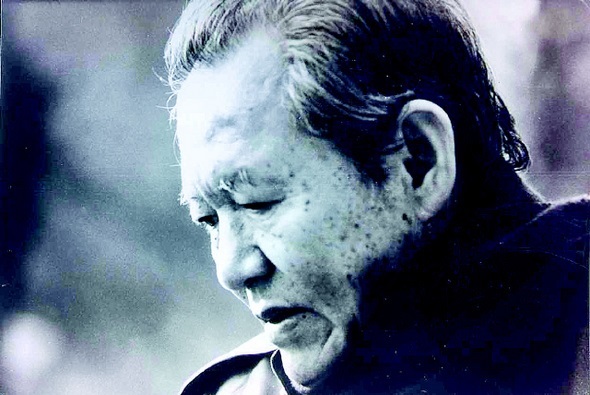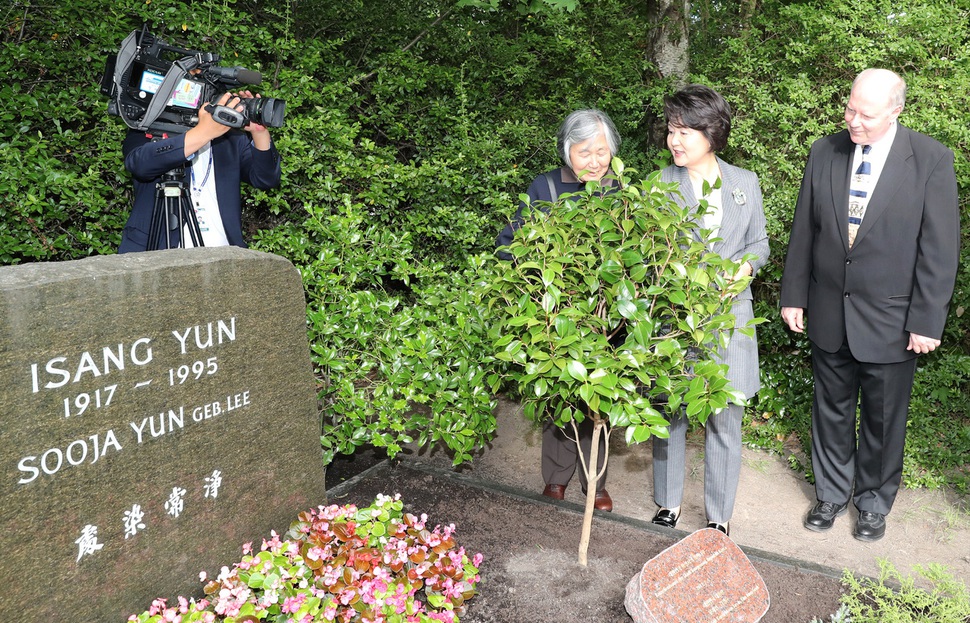 |
|
The South Korean composer Isang Yun
|
Isang Yun spent most of his life in Germany after he was convicted of spying by the Park Chung-hee government
When Isang Yun’s mother was pregnant, she dreamed of a dragon that writhed around, unable to soar into the sky because it was wounded. Later, people would say that this dream of a wounded dragon foreshadowed Yun’s fate. While Yun was revered around the world as an outstanding composer, his own country rejected him. After spending two years in prison because of his connection with the Dongbaengnim (East Berlin) Incident in 1967, he went to Germany and was never allowed to return home for the rest of his life (The Dongbaenim Incident resulted in the arrests of a number of South Korean artists, intellectuals, and students who were accused of spying by the government of Park Chung-hee after regularly visiting the North Korean embassy in East Berlin). Even after Kim Young-sam became president, the South Korean government demanded that Yun sign a pledge to obey the law as a condition for him returning home, forcing Yun to permanently give up his modest dream of “just sitting quietly and fishing on the beach” where he grew up. As of this year, 49 years have passed since Yun left Korea. Until the day that Yun (1917-1995) died in Berlin, Germany, this classical composer never forgot the sea of his childhood home in Tongyeong, South Gyeongsang Province. His dream of homecoming will finally start to come true on Feb. 23. “Isang Yun is buried at Gatow Cemetery in Berlin, and the ceremony for the disinterment will be held there on Feb. 23. This morning, Yun’s daughter, Djong Yun, departed for Berlin, where she will discuss the procedure for relocating his remains with Florian Riem, CEO of the Tongyeong International Music Foundation,” said Lee Yong-min, the foundation’s secretary-general, during an interview with the Hankyoreh on Feb. 18. Yun’s homecoming project began in the summer of 2017, which marked the 100th anniversary of Yun’s birth. In accordance with German law, disinterment is possible now that 20 years have passed since Yun was laid to rest. The city of Tongyeong got the ball rolling by approaching Berlin about the idea, while Yun’s widow, Lee Su-ja, who resides in Tongyeong, sent a letter to Berlin this year that she had personally written in German.
 |
|
South Korean first lady Kim Jung-sook plants a camellia tree at the grave of Isang Yun in Berlin, Germany on July 5, 2017. The first lady brought the tree on the president’s private plane.
|







